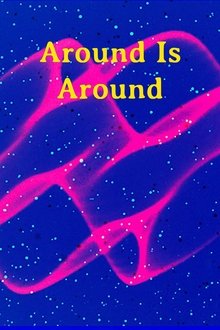Traditional clay-mation and stop-motion animated film.
Related Movies
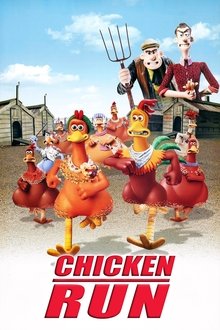
Chicken Run (2000)
The creators of Wallace & Gromit bring you an exciting and original story about a group of chickens determined to fly the coop–even if they can’t fly! It’s hardly poultry in motion when Rocky attempts to teach Ginger and her feathered friends to fly…but, with teamwork, determination and a little bit o’ cluck, the fearless flock plots one last attempt in a spectacular bid for freedom.
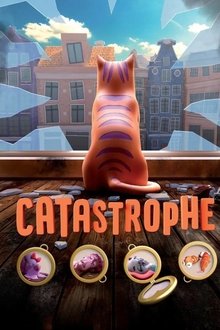
Catastrophe (2017)
When a sweet and innocent parakeet is found inexplicably dead in her cage, all fingers seem to point towards cat Rodney. To prove his innocence, he desperately tries to put the blame on others, with disastrous consequences.
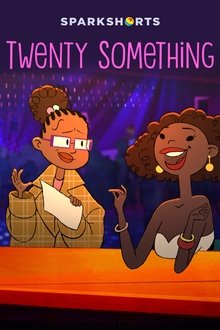
Twenty Something (2021)
Follows Gia, who has to deal with the challenges and insecurities of "adulting" during her 21st birthday.

Mrs. KABAGOdZILLA (2014)
‘Mrs. KABAGodZILLA had a daughter whose feet and arms looked just like her own.’ Mother and child were always together, but the mother's hospitalization makes the daughter remember the past, and think a little about what lies ahead.
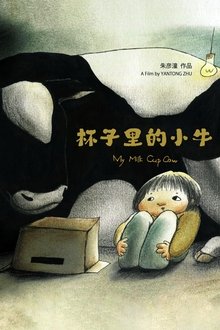
My Milk Cup Cow (2014)
The father tells his daughter Nunu a lie that there is a cow in her milk cup. She believes it and drinks up milk, but there isn't any cow. Her father tells her a variety of lies, which Nunu finds increasingly difficult to believe.
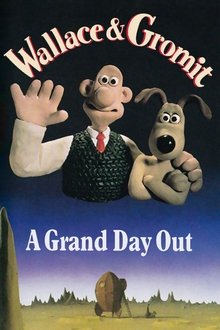
A Grand Day Out (1990)
Wallace and Gromit have run out of cheese, and this provides an excellent excuse for the duo to take their holiday to the moon, where, as everyone knows, there is ample cheese. Preserved by the Academy Film Archive.
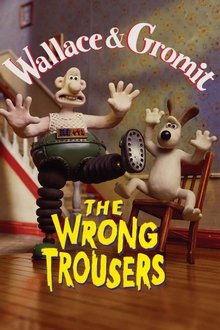
The Wrong Trousers (1993)
Wallace rents out Gromit's former bedroom to a penguin, who takes up an interest in the techno trousers created by Wallace. However, Gromit later learns that the penguin is a wanted criminal.
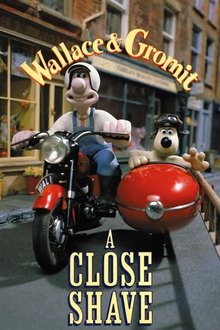
A Close Shave (1996)
Wallace's whirlwind romance with the proprietor of the local wool shop puts his head in a spin, and Gromit is framed for sheep-rustling in a fiendish criminal plot.
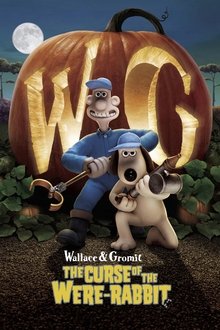
Wallace & Gromit: The Curse of the Were-Rabbit (2005)
Cheese-loving eccentric Wallace and his cunning canine pal, Gromit, investigate a mystery in Nick Park's animated adventure, in which the lovable inventor and his intrepid pup run a business ridding the town of garden pests. Using only humane methods that turn their home into a halfway house for evicted vermin, the pair stumble upon a mystery involving a voracious vegetarian monster that threatens to ruin the annual veggie-growing contest.
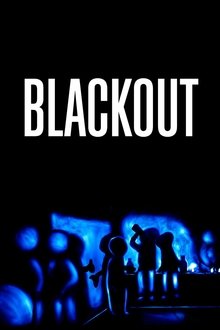
Blackout (2013)
Blackout is a short, animated documentary about the 2003 power failure in much of the eastern seaboard of the U.S and Canada for up to 4 days.
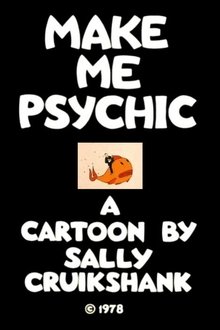
Make Me Psychic (1978)
Anita the duck buys a psychic device at a novelty store in an alternate universe and creates mayhem at a crazy party.
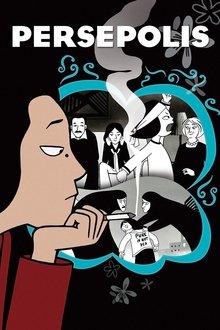
Persepolis (2007)
In 1970s Iran, Marjane 'Marji' Satrapi watches events through her young eyes and her idealistic family of a long dream being fulfilled of the hated Shah's defeat in the Iranian Revolution of 1979. However as Marji grows up, she witnesses first hand how the new Iran, now ruled by Islamic fundamentalists, has become a repressive tyranny on its own.
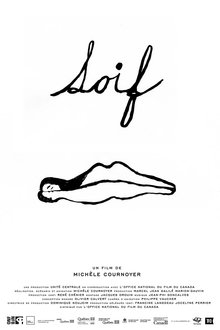
Soif (2014)
A woman plays out her existence on the screen of her life. Alcohol is the essence of her being. She imbibes her youth and becomes completely absorbed by the desire to satisfy her thirst. Moving from parties to binge drinking, pleasure to distress, joy to delirium, she lets herself be lulled by the undulating waves of bottles. She floats in the intoxicating liquid, sees her childhood re-emerge, and feels as if she is a tiny fish lost in an ocean of madness. Her craving for alcohol engenders a burning passion. Drinking becomes a fatal embrace... On the verge of drowning in the torrent of this insane obsession, will she find the strength to rise to the surface?
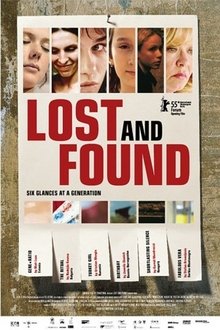
Lost and Found (2005)
Six young filmmakers from Central and East Europe developed shorts about the theme of 'generation'.
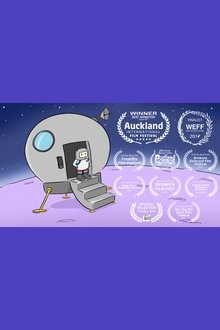
One Small Step (2017)
One of humankind’s greatest achievements has been to walk on the moon. It was marked in history as a phenomenal success. What if that first step had turned out a little differently? As Neil Armstrong is about to take his first step on the moon, something catches his eye in the distance. Naturally curious, he leaps out into the unknown territory to investigate. What he finds will forever change the course of human history.
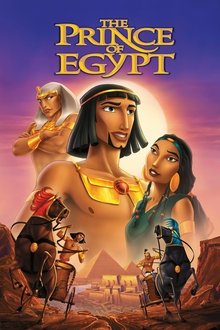
The Prince of Egypt (1998)
The strong bond between two brothers is challenged when their chosen responsibilities set them at odds, with extraordinary consequences.
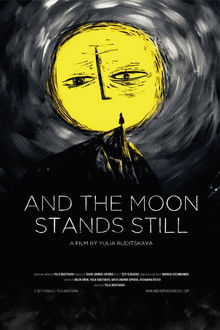
And The Moon Stands Still (2017)
The presence of the moon affects all under its glow. The film explores the lunar cycle and the energies invoked by its radiance.

Carnival of the Animals (2006)
Men and women, all dressing up, awaiting, tempting, enjoying the bliss or sadly unsuccessful. Delights of the body, yearning, excitement, luxury, decadence, erotic of the common day. The erotic as frivolous, mischievous, frolic, comic and sometimes also slightly serious animated musical erotic fantasy. Much like the modern dance art, the film is marked by interplay of the visual and musical components – picture, rhythm, color, motion. The film consists of separate sequences, each of them accompanied by individual musical movements of Mr. Saint-Saens’s composition.
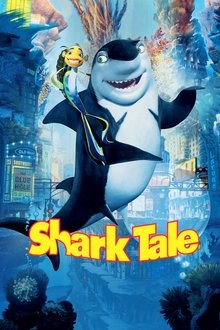
Shark Tale (2004)
Oscar is a small fish whose big aspirations often get him into trouble. Meanwhile, Lenny is a great white shark with a surprising secret that no sea creature would guess: He's a vegetarian. When a lie turns Oscar into an improbable hero and Lenny becomes an outcast, the two form an unlikely friendship.
